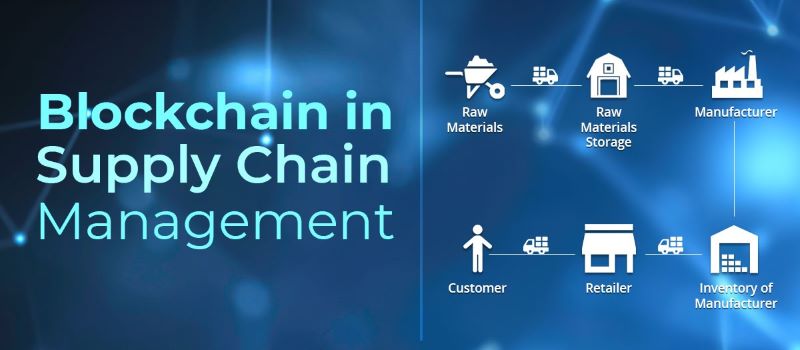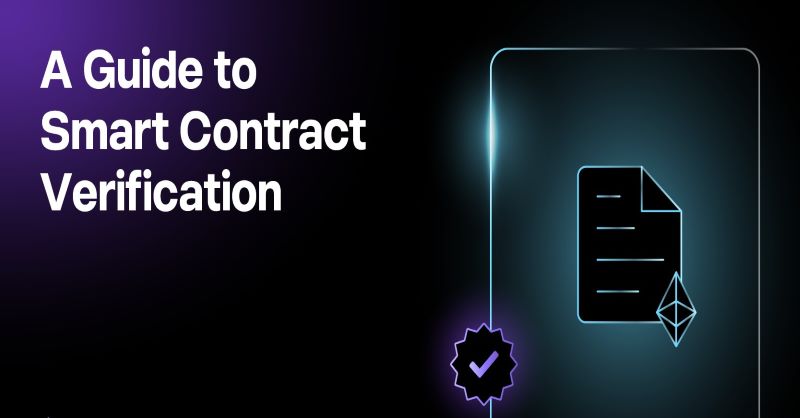Blockchain Technology Applications are increasingly becoming pivotal in the modern economy. In this article, we’ll delve into three key highlights of how blockchain technology is reshaping economic practices. From streamlining financial transactions to enhancing transparency, these highlights showcase the profound impact of blockchain on today’s economic landscape.
The Role of Blockchain Technology Applications

The role of Blockchain Technology Applications can be summarized as follows:
- Enhancing transparency and security: Blockchain provides an immutable distributed ledger, enabling transparent and secure recording of transactions. Each transaction is verified and recorded across multiple network nodes, ensuring that information cannot be tampered with and is easily auditable.
- Automating and optimizing processes: Smart contracts on the blockchain platform automatically execute and monitor contract terms without the need for third-party intervention. This reduces errors, saves time and costs, and improves operational efficiency.
- Improving supply chain management: Blockchain helps track and verify product origins in the supply chain, from production to distribution. This enhances transparency, reduces fraud, and improves trust among stakeholders.
- Innovation in finance: Blockchain Technology applications in finance include decentralized trading platforms, decentralized lending, and cross-border payments. This technology helps create more flexible, secure, and efficient financial solutions.
- Diverse applications: Blockchain is not only applied in finance but also in other fields such as identity management, voting, healthcare, and data security. The flexibility of this technology opens up new opportunities for various industries.
Transparency and security in financial transactions

Transparency and security in financial transactions are two key highlights of blockchain technology applications in the modern economy. Blockchain technology, with its ability to provide a distributed and immutable ledger system, brings significant improvements to financial transactions.
- Transparency: Blockchain allows all transactions to be recorded publicly on a distributed ledger that anyone can inspect. This enables stakeholders, from financial institutions to consumers, to easily verify transaction information without relying on an intermediary. This transparency reduces the risk of fraud and enhances trust in financial transactions.
- Security: Each block in the blockchain contains information about previous transactions and is encrypted using high-security algorithms. This creates a robust layer of protection against attacks and tampering. Once information is recorded on the blockchain, it cannot be altered or deleted without consensus from the network. Therefore, blockchain provides a secure and tamper-proof environment for financial transactions.
With the combination of transparency and security, blockchain not only enhances the trustworthiness of financial transactions but also fosters innovation in how financial systems operate, opening up opportunities for new business models and improving operational efficiency.
Optimizing Supply Chain Management

Optimizing Supply Chain Management is one of the prominent blockchain technology applications in the modern economy. Blockchain brings significant benefits to supply chain management, helping to improve efficiency and mitigate risks.
- Enhanced Transparency: Blockchain provides a distributed ledger system where all transactions and transfers of goods are recorded and updated in real-time. This allows all stakeholders in the supply chain, from manufacturers to consumers, to track and verify information about goods accurately and easily. This transparency helps reduce the potential for fraud and enhances trust among partners.
- Improved Traceability and Provenance: With blockchain technology applications, products and raw materials can be tracked from their point of origin to the final point of consumption. Each step in the supply chain process is recorded and verified on the blockchain, ensuring that goods have clear origins and meet quality standards. This not only enhances trust but also helps businesses respond quickly to customer inquiries and feedback.
- Reduced Costs and Increased Efficiency: Blockchain helps optimize processes in the supply chain by eliminating intermediaries and reducing complex paperwork. By automating processes through smart contracts, blockchain minimizes human errors and mistakes, saving time and costs. Transaction processes become faster and more accurate, while also improving management capabilities and demand forecasting.
- Enhanced Security and Risk Reduction: Transactions on the blockchain are encrypted and immutable, protecting data and information from attacks and fraud. This ensures that supply chain-related information is stored securely and can only be accessed or changed with the consensus of the stakeholders.
Overall, blockchain technology helps optimize supply chain management by providing a more transparent, secure, and efficient system, while also facilitating collaboration and innovation in this industry.
Business Process Automation and Smart Contracts
Business Process Automation and Smart Contracts are key highlights of blockchain technology applications in the modern economy. Blockchain technology not only provides transparency and security but also enables powerful automation, improving efficiency and reducing errors in business processes.

Business Process Automation
- Minimizing Human Intervention: Blockchain technology allows businesses to automate business processes through the use of smart contracts. Smart contracts are computer programs deployed on the blockchain, capable of automatically executing and monitoring contract terms when conditions are met. This reduces the need for human intervention, thereby minimizing errors and enhancing accuracy in transactions.
- Increased Efficiency and Time Savings: Business processes such as order processing, payments, and identity verification can be automated through smart contracts. This not only saves time but also improves the operational efficiency of the business. Transactions and processes are executed faster and more efficiently, enabling businesses to operate more smoothly and flexibly.
Smart Contracts
- Automatic and Transparent Execution: Smart contracts are code scripts recorded on the blockchain that automatically execute contract terms. When the contract conditions are met, the smart contract automatically performs actions such as transferring funds, updating data, or executing other transactions. This ensures that contract terms are executed accurately and transparently, reducing disputes and legal risks.
- Cost and Time Reduction: The use of smart contracts eliminates the need for intermediaries and reduces transaction costs. Contract processes become faster and more cost-effective as there’s no need to involve intermediaries like banks or lawyers. This not only reduces costs but also improves agility and efficiency in contract execution.
Ensuring Safety and Security
- Data and Information Protection: Smart contracts and automated processes on the blockchain are protected by advanced encryption technology. This ensures that data and transaction information are stored and transmitted securely, preventing fraud and cyberattacks. This security enhances trust and confidence in business transactions.
he three key highlights of Blockchain Technology Applications in the economy—enhancing transparency and security, optimizing supply chain management, and automating business processes with smart contracts—demonstrate the profound impact this technology has on modern industries.
By leveraging blockchain’s decentralized and immutable nature, businesses can achieve greater efficiency, reliability, and innovation. As we continue to explore and implement these advancements, the insights and updates provided by Blockchain Global Network remain invaluable in understanding the evolving role of blockchain in shaping the future of the economy.

RELATED POSTS
Toggle Airdrop and Tips for Earning Passive Income
Toggle Airdrop is a great...
What is Metamask wallet and the secrets behind it
What is Metamask wallet and...
What are ledgers legit emails?
What are Ledgers legit emails?...
Vulnerabilities Identified: Is Your Smart Contract Exposed?
Critical smart contract security issues...
Variational Airdrop: VAR Token hunting guide
Variational is a Peer-to-Peer (P2P)...
Why Solana Layer 2 Sonic is the Key to High-Performance Gaming
Solana Layer 2 Sonic is...
DuckChain Airdrop: Great opportunity to get free Tokens
In the context of rapid...
The Tokenomics of U2U Network – Sustainable Value for Users and Investors
The Tokenomics of U2U Network...
Dawn Airdrop – Unique Reward Mechanism and How to Participate
Dawn Airdrop stands out with...
What are the key blockchain technology advancements 2025
The world of decentralized technology...
Kelp DAO Airdrop – How to Earn Money from Kelp Miles
The Kelp Miles program within...
Vessel Finance: The DEX with near-zero gas fees
In the ever-evolving world of...
Purple Bitcoin: A new currency in the digital world
Purple Bitcoin is a unique...
Unlocking Efficiency: Exploring Blockchain Scalability Solutions
The promise of decentralized digital...
GMCoin Airdrop: A great opportunity to earn free GMC Tokens
The GMCoin Airdrop offers a...
BulbaSwap Airdrop: A unique investment opportunity in DeFi
BulbaSwap, a decentralized exchange (DEX)...